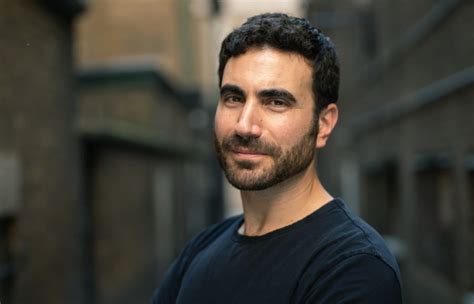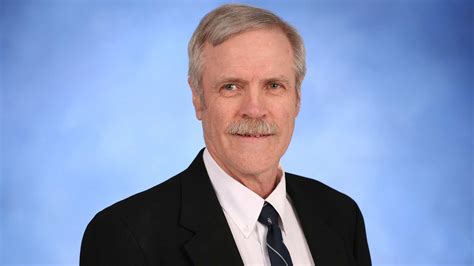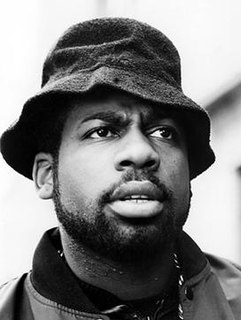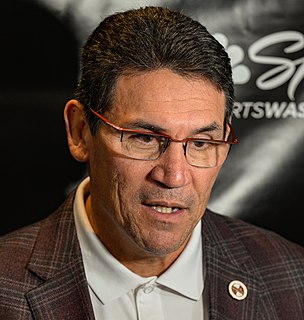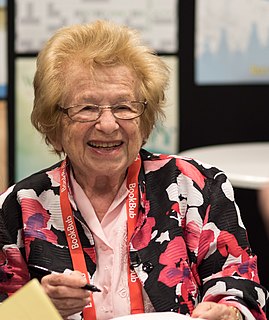A Quote by Brett Goldstein
Will Bridges, who is the co-creator with me, when we were working on 'SuperBob,' we were just talking about how we like to write about relationships. And we were talking about what love is. We were in very different stages; he was married and was about to have his first child, and I was kind of dating the wrong people.
Related Quotes
I was a young feminist in the '70s. Feminism saved my life. It gave me a life. But I saw how so much of what people were saying was not matching up with what they were doing. For example, we were talking about sister solidarity, and women were putting each other down. We were talking about standing up for our rights, and women weren't leaving abusive relationships with men. There were just so many disconnects.
First I went to a Jewish school, when I was very little. But when I was 12, they put me in a school with a lot of traditions, and they were educated people and they were talking about Greece and the Parthenon and I don't know what. All the kids, all the girls they had already seen that and knew that from their family, and I would say, "What are you talking about, what's that?" It's not my world. My grandparents were very well-educated people, but in the Jewish tradition. They knew everything about the Bible.
After Mickey passed, I was talking to my mom on the phone. She was talking about how we were such good brothers and we were so close. And I said, 'Mom, think about how we were raised. We were a military family. And in a military family, because you move around so much, your best friends and your first teammates are your brothers or your sisters.'
One of the things I know about my family, my generation, and my ethic background is that we put in work and I'm not just talking about just to eat. You have to think about the civil rights movement, they were putting in work; marching, walking miles and miles, sacrificing, getting on the bus, feeding one another, they had schools, voter registration, they were working! They were hard workers so my advice is to work.
Go back to the Bible, the Old Testament. I mean there were people who we would call intelectuals, there, they were called prophets, but they were basically intelectuals: they were people who were doing critical, geopolitical analysis, talking about the decisions of the king were going to lead to destruction; condemning inmorality, calling for justice for widows and orphans. What we would call dissident intelectuals. Were they nicely treated? No, they were driven into the desert, they were imprisoned, they were denounced. They were intelectuals who conformed.
